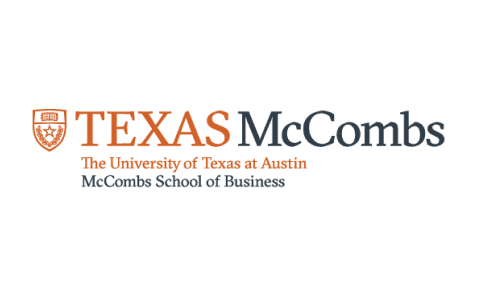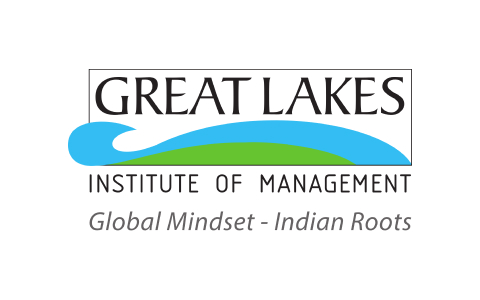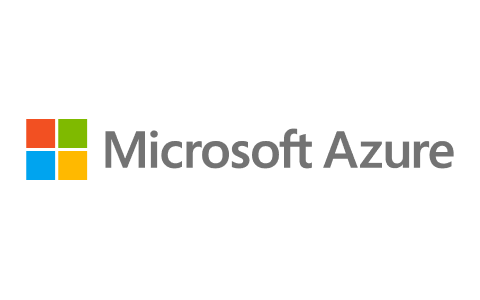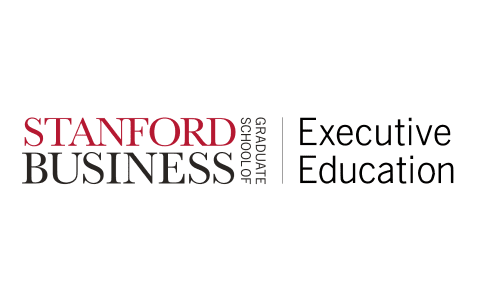Crash Course in Cloud Computing
Enrol for this free Crash Course in Cloud Computing to learn from our experts on Cloud Computing, AWS, Azure, and more. Start today and enhance your knowledge and skills in this in-demand domain!

Ratings
Level
Learning hours

Learners
Skills you’ll Learn
About this course
This Free Crash Course in Cloud Computing starts with an introduction to cloud computing, where you will learn about the basics of cloud computing and its various advantages. You will then dive into cloud computing architecture and service models, which will give you a better understanding of how cloud computing works.
One of the most interesting topics covered in this course is serverless computing. You will learn about the benefits of serverless computing and how it can be used in various applications. Another interesting topic is virtual cloud computing, where you will learn about the different virtualization technologies that are used in cloud computing. The course also covers AWS, one of the most popular cloud computing platforms. You will learn about AWS Sagemaker, EC2, Load Balancer, Elastic stack, Redshift, CI/CD pipeline, and IAM Cloud Security. You will also have the opportunity to work on various AWS projects to gain hands-on experience.
In addition to AWS, the course covers Azure and GCP, which are also popular cloud computing platforms. You will also learn about various cloud computing certifications and job roles that are available in the industry. Overall, this free Crash Course on Cloud Computing is an excellent opportunity for anyone looking to learn about cloud computing or advance their career in the field. So, what are you waiting for? Sign up now and start your cloud computing journey!
Course Outline
You will discover the essentials of Cloud Computing in this course, including its advantages, varieties, and deployment models.
Additionally, you will learn how to use well-known Cloud Computing Platforms like Amazon Web Services (AWS), Microsoft Azure, and Google Cloud Platform (GCP) to build and manage cloud-based services and applications.
This course on Cloud Computing Architecture focuses on creating and implementing cloud-based systems. By the end of this course, you will have a deep understanding of Cloud Computing Architecture and the skills required to create and deploy cloud-based solutions that meet the needs of modern enterprises.
The Cloud Computing Service Model course will give you a fundamental understanding of three primary Cloud Computing Service Models: Infrastructure as a Service (IaaS), Platform as a Service (PaaS), and Software as a Service (SaaS). You will examine the traits of each service model, their advantages, and how they can be applied to the development and deployment of cloud-based services and applications.
The aim of a Serverless Computing course is on developing applications without the usage of conventional servers or infrastructure management. You will discover the benefits of serverless computing, such as cost savings, scalability, reduced administrative hassles, and how to employ serverless architectures to develop and deploy cloud-native apps.
Applications of Cloud Computing is a course that focuses on the numerous ways cloud computing may be used to address the requirements of modern organisations and resolve business issues. By the end of this course, you will have a firm understanding of the various uses of cloud computing and the abilities required to build, implement, and manage cloud-based solutions suitable for contemporary businesses.
What our learners enjoyed the most
Skill & tools
69% of learners found all the desired skills & tools
Frequently Asked Questions
Will I receive a certificate upon completing this free course?
How long does it take to complete this free Master Course in Cloud Computing?
Master Course in Cloud Computing is a 21-hour long course, but it is self-paced. Once you enroll, you can take your own time to complete the course.
Will I have lifetime access to the free course?
Yes, once you enroll in the course, you will have lifetime access to any of the Great Learning Academy’s free courses. You can log in and learn whenever you want to.
Will I get a certificate after completing this Master Course in Cloud Computing?
Yes, you will get a certificate of completion after completing all the modules and cracking the assessment.
How much does this Master Course in Cloud Computing cost?
It is an entirely free course from Great Learning Academy. Anyone interested in learning Master Course in Cloud Computing can start this course.
Popular Upskilling Programs
Crash Course in Cloud Computing
Cloud computing is a model of computing where data, processing power, and software are delivered as a service over the internet instead of being installed on a local computer or server. Cloud computing has revolutionized the IT industry by providing scalability, flexibility, and cost-effectiveness. Two of the leading cloud providers are Amazon Web Services (AWS) and Microsoft Azure.
Amazon Web Services (AWS) is a comprehensive and secure cloud computing platform provided by Amazon. AWS offers a wide range of services, including compute, storage, networking, database, analytics, machine learning, IoT, and security. AWS provides a highly scalable and flexible platform that can be used to host small web applications or large enterprise solutions.
AWS provides a wide range of compute services, including Amazon EC2, Amazon ECS, Amazon EKS, AWS Lambda, and AWS Batch. Amazon EC2 (Elastic Compute Cloud) is a web service that provides resizable compute capacity in the cloud. Amazon ECS (Elastic Container Service) is a highly scalable container orchestration service that allows users to run and manage Docker containers on AWS. Amazon EKS (Elastic Kubernetes Service) is a managed Kubernetes service that simplifies the deployment, management, and scaling of containerized applications. AWS Lambda is a serverless compute service that allows users to run code without provisioning or managing servers. AWS Batch is a fully managed batch processing service that allows users to run batch computing workloads on the AWS Cloud.
AWS also provides a wide range of storage services, including Amazon S3, Amazon EBS, Amazon EFS, and Amazon Glacier. Amazon S3 (Simple Storage Service) is a highly scalable object storage service that allows users to store and retrieve any amount of data from anywhere on the web. Amazon EBS (Elastic Block Store) is a high-performance block storage service that provides persistent storage volumes for use with Amazon EC2 instances. Amazon EFS (Elastic File System) is a fully managed file system that provides scalable, elastic file storage for use with AWS Cloud services and on-premises resources. Amazon Glacier is a secure, durable, and low-cost storage service that provides long-term archiving and backup of data.
Microsoft Azure is a cloud computing platform provided by Microsoft. Azure provides a wide range of services, including compute, storage, networking, database, analytics, machine learning, IoT, and security. Azure provides a highly scalable and flexible platform that can be used to host small web applications or large enterprise solutions.
Azure provides a wide range of compute services, including Azure Virtual Machines, Azure Kubernetes Service, Azure Functions, and Azure Batch. Azure Virtual Machines is a virtualized infrastructure service that allows users to deploy and manage virtual machines on Azure. Azure Kubernetes Service (AKS) is a fully managed Kubernetes service that simplifies the deployment, management, and scaling of containerized applications. Azure Functions is a serverless compute service that allows users to run code without provisioning or managing servers. Azure Batch is a fully managed batch processing service that allows users to run large-scale parallel and high-performance computing (HPC) workloads on Azure.
Azure also provides a wide range of storage services, including Azure Blob Storage, Azure Files, Azure Disk Storage, and Azure Archive Storage. Azure Blob Storage is a massively scalable and secure object storage service that allows users to store and retrieve any amount of unstructured data from anywhere on the web. Azure Files is a fully managed file share service that allows users to access files from anywhere, using any device. Azure Disk Storage is a high-performance, durable, and highly available block storage service that provides persistent storage for virtual machines. Azure Archive Storage is a low-cost, secure, and durable storage service that provides long-term archiving and backup of data. Both AWS and Azure provide a wide range of services that are essential for building and running modern applications.






























